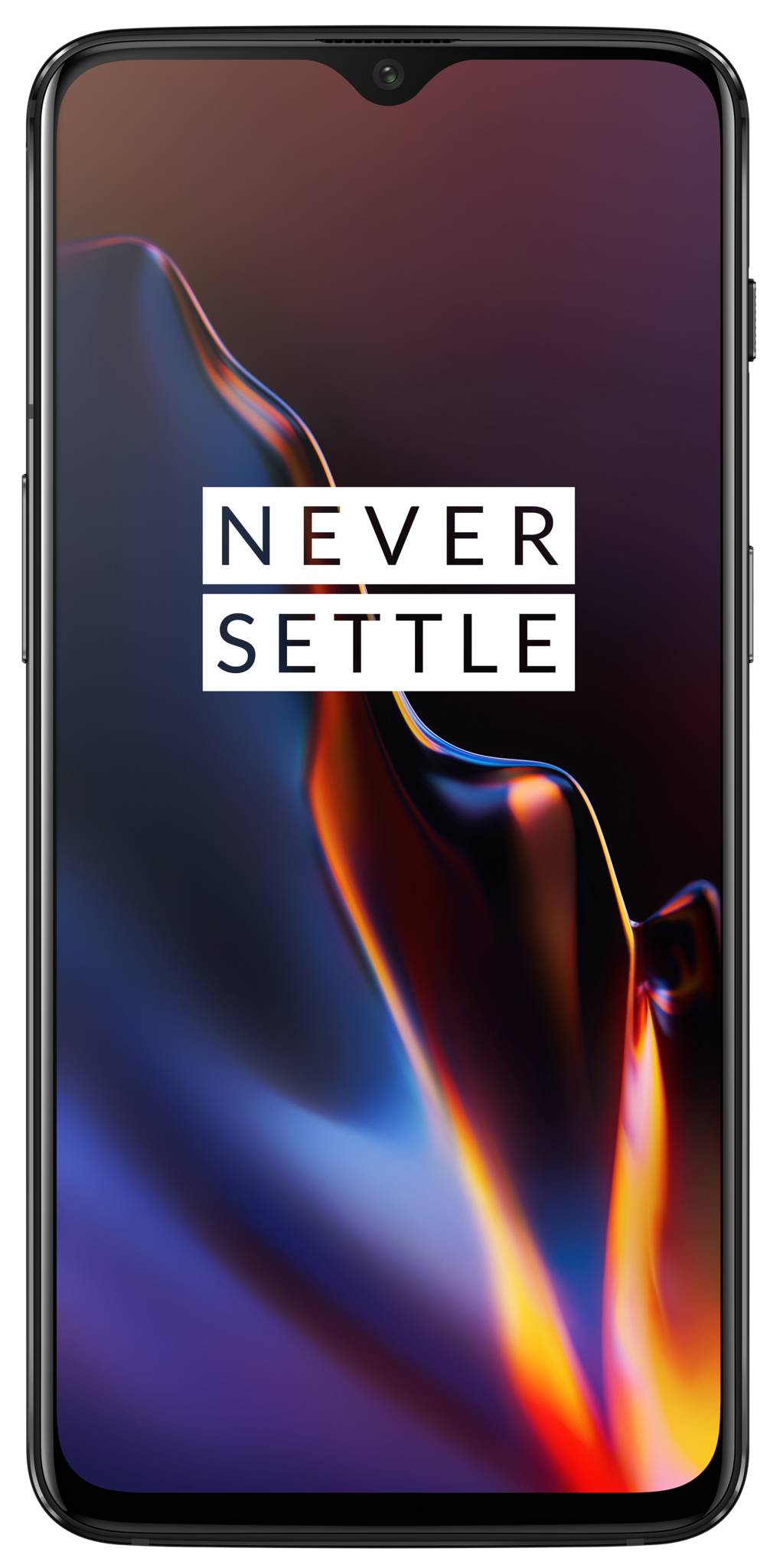Cameras in smartphones are getting better than ever, and that applies just as much to videography as it does to photography. Some phones have great specialized video features, while others simply take great point-and-shoot footage. The V40 is the most powerful video creation tool, but if you don't see yourself using it to its full potential, there are simpler options out there.
Best overall
LG V40 ThinQ
Equipped with a total of five cameras (two up front, three on the back), the V40 is one of the most versatile smartphones around when it comes to shooting video. The standard and telephoto rear cameras both have OIS, while the ultra-wide lens lets you fit all of your surrounding environment into the shot. The V40 also has Cine Video shooting mode, which lets you apply LUTs to change up the color profile of your videos, and the far-field microphones can hear from up to 17 feet away.
Runner-up
Samsung Galaxy Note 9
The Galaxy Note 9 takes fantastic photos, and the quality carries over to video as well. The f/1.5 primary lens lets in lots of light, keeping noise down even in dark scenes, and you can shoot at up to 4K60p. The combination of OIS and EIS provides very smooth video, particularly when shooting in 1080p, and you can even remotely start and stop video capture with the S Pen. The Note 9 can also shoot slow-mo at up to 960 fps in 720p.
Best stabilization
Google Pixel 3 / Pixel 3 XL
Like its predecessors, the Pixel 3 and 3 XL have absolutely fantastic video stabilization that's just unrivaled in smartphones. With both OIS and EIS in tow, you get buttery smooth video whether you're riding along in a car or train, or just walking down the street with the phone in your hand. The camera app doesn't offer other advanced features, and the microphone doesn't pick up great audio, but it absolutely nails the stabilization.
Another great option
LG G7 ThinQ
The G7 ThinQ, despite not being part of LG's video-focused "V" lineup, does just about everything the V40 can do, albeit without a telephoto lens. You still get a great primary sensor, along with LG's beloved wide-angle lens and even the V40's excellent manual video controls. Moreover, the G7 is just a great phone overall, and comes in significantly cheaper than the V40.
Best for less
OnePlus 6T
The OnePlus 6T does an admirable job in the video department, especially considering its more reasonable price versus the other members of this group. The f/1.7 camera offers good video quality, and the OIS is aided by really good EIS for smooth shooting. You can shoot at up to 4K resolution at 60 fps, or choose between 240 or 120 fps slow-mo in reduced resolutions. There's no MicroSD support though, so you'll want to opt for the 256GB option if you plan on shooting a lot.
The potential for greatness
RED Hydrogen One
In its current state, the Hydrogen One isn't anything remarkable in the video department, but upcoming attachments could change that. RED has mods in the works that add 8K video support, augment the Hydrogen One's 4V technology, and even add a new sensor that accepts detachable lenses from dedicated DSLRs and mirrorless cameras.
The manual video controls, far-field microphones, and triple lens array all work together to make the LG V40 an absolute beast of a content creation tool, and our top recommendation for mobile videographers. The Pixel 3, Note 9, G7, and OnePlus 6T all do a great job in their own regards, though, and the Hydrogen One may be a sleeper hit once its modular accessories come to market.





Tidak ada komentar:
Posting Komentar